Het arrangement Money h45 is gemaakt met Wikiwijs van Kennisnet. Wikiwijs is hét onderwijsplatform waar je leermiddelen zoekt, maakt en deelt.
- Auteur
- Laatst gewijzigd
- 28-11-2025 11:50:49
- Licentie
-
Dit lesmateriaal is gepubliceerd onder de Creative Commons Naamsvermelding-GelijkDelen 4.0 Internationale licentie. Dit houdt in dat je onder de voorwaarde van naamsvermelding en publicatie onder dezelfde licentie vrij bent om:
- het werk te delen - te kopiëren, te verspreiden en door te geven via elk medium of bestandsformaat
- het werk te bewerken - te remixen, te veranderen en afgeleide werken te maken
- voor alle doeleinden, inclusief commerciële doeleinden.
Meer informatie over de CC Naamsvermelding-GelijkDelen 4.0 Internationale licentie.
Het thema 'Money' is ontwikkeld door auteurs en medewerkers van StudioVO.
Fair Use
In de Stercollecties van StudioVO wordt gebruik gemaakt van beeld- en filmmateriaal dat beschikbaar is op internet. Bij het gebruik zijn we uitgegaan van fair use.
Meer informatie: Fair use
Mocht u vragen/opmerkingen hebben, neem dan contact op via de
helpdesk VO-content.
Aanvullende informatie over dit lesmateriaal
Van dit lesmateriaal is de volgende aanvullende informatie beschikbaar:
- Toelichting
- Dit thema valt onder de arrangeerbare leerlijn van de Stercollecties voor Engels voor havo, leerjaar 4 en 5. Dit is thema Money. Dit thema omvat de volgende onderwerpen: - Charity begins at home - Life on the never-never - Throw the dice - Money = happiness De grammaticaopdrachten gaan over Relative clauses, Passive, Enough/too en 2nd conditional.
- Leerniveau
- HAVO 4; HAVO 5;
- Leerinhoud en doelen
- Engels;
- Eindgebruiker
- leerling/student
- Moeilijkheidsgraad
- gemiddeld
- Studiebelasting
- 18 uur 0 minuten
- Trefwoorden
- arrangeerbaar, charity begins at home, engels, hv45, life on the never-never, money, money = happiness, stercollectie, throw the dice
Gebruikte Wikiwijs Arrangementen
VO-content Engels. (2021).
Charity begins at home h45
VO-content Engels. (2021).
Life on the never-never h45
VO-content Engels. (2021).
Money = happiness h45

 Money
Money What do you need to know?
What do you need to know?

 The subject of this lesson is 'Charity begins at home'.
The subject of this lesson is 'Charity begins at home'.


 SHAUN:
SHAUN: ALEX:
ALEX: TIM:
TIM: Speaking
Speaking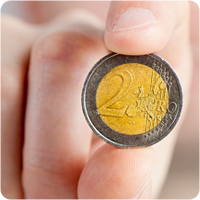 One in five of Britain’s biggest charities spend less than 50 per cent of total income on good works, new report claims.
One in five of Britain’s biggest charities spend less than 50 per cent of total income on good works, new report claims.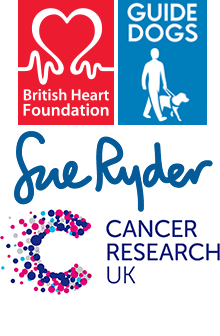

 Grammar
Grammar
 Task: Writing
Task: Writing The subject of this lesson is 'Life on the never-never'.
The subject of this lesson is 'Life on the never-never'.
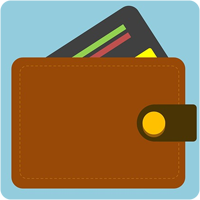 Reading
Reading Grammar
Grammar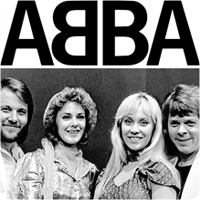 Song
Song Task - Write an informal email
Task - Write an informal email
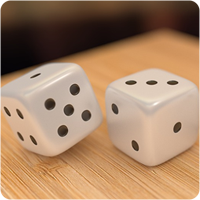 The subject of this lesson is 'Gambling'.
The subject of this lesson is 'Gambling'.
 Speaking
Speaking Teen Gambling: Nothing (Left) To Lose
Teen Gambling: Nothing (Left) To Lose Grammar
Grammar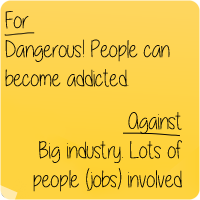 Task
Task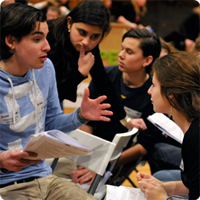

 The title of this lesson is 'Money = happiness'.
The title of this lesson is 'Money = happiness'. Speaking
Speaking by Graham Witcomb
by Graham Witcomb Grammar
Grammar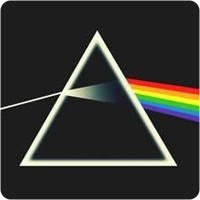 Song
Song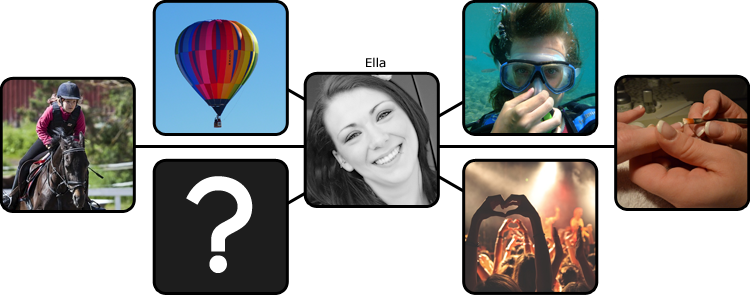
 Final Project
Final Project Writing
Writing Billionaires
Billionaires
